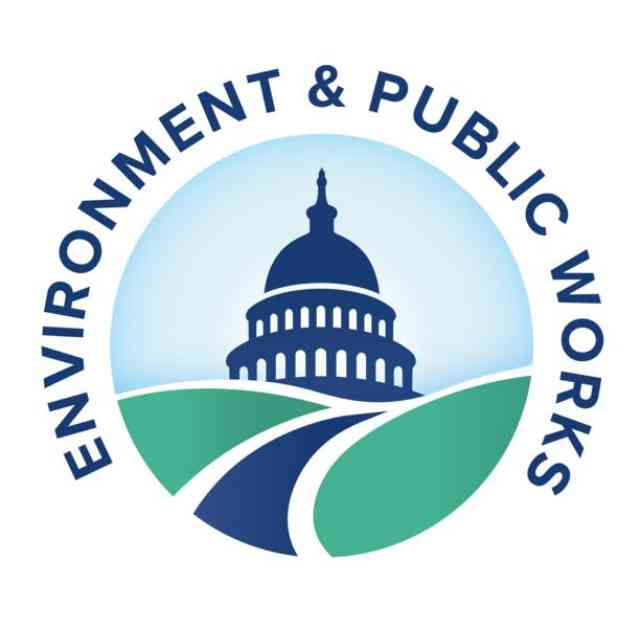On September 23, 2024, in Washington, D.C., U.S. Senator Tom Carper, who is the Chairman of the Senate Environment and Public Works (EPW) Committee, expressed his support for the Environmental Protection Agency (EPA) as they revealed the finalization of a rule to establish the Emissions Reduction and Reclamation program. This program aims to decrease the release of hydrofluorocarbons (HFCs) and ensure better management of these harmful super pollutants.
The implementation of this rule is a significant milestone as it aligns with the American Innovation and Manufacturing (AIM) Act, a law co-authored by Chairman Carper and Senator John Kennedy (R-La.) and enacted in December 2020. The AIM Act mandates the EPA to gradually reduce the production and consumption of HFCs.
Chairman Carper highlighted the potency of hydrofluorocarbons, emphasizing that they have the potential to be thousands of times more effective than carbon dioxide in trapping heat in the atmosphere. He also emphasized the collaborative nature of the AIM Act, showcasing how bipartisan efforts can protect the environment, bolster American businesses, and create well-paying jobs. The recent EPA announcement signifies a significant step forward in realizing the benefits of this bipartisan legislation.
The initiative to regulate HFCs is crucial in combating climate change and its adverse effects. By reducing the production and use of these potent greenhouse gases, the EPA’s rule aims to contribute to a healthier environment and a more sustainable future for generations to come.
In addition to the regulatory aspect, the AIM Act also presents opportunities for innovation and technological advancements in the field of emissions reduction. By encouraging the development and adoption of alternative solutions to HFCs, the legislation paves the way for a greener and more efficient approach to cooling and refrigeration systems.
Furthermore, the collaborative efforts between lawmakers, environmental agencies, and industry stakeholders underscore the importance of collective action in addressing global challenges. The successful implementation of the AIM Act demonstrates the positive outcomes that can arise when diverse groups come together for a common goal.
Overall, the EPA’s implementation of the AIM Act marks a significant milestone in the ongoing efforts to combat climate change and protect the environment. Through regulatory measures and collaborative initiatives, the aim is to create a more sustainable and resilient future for all.
